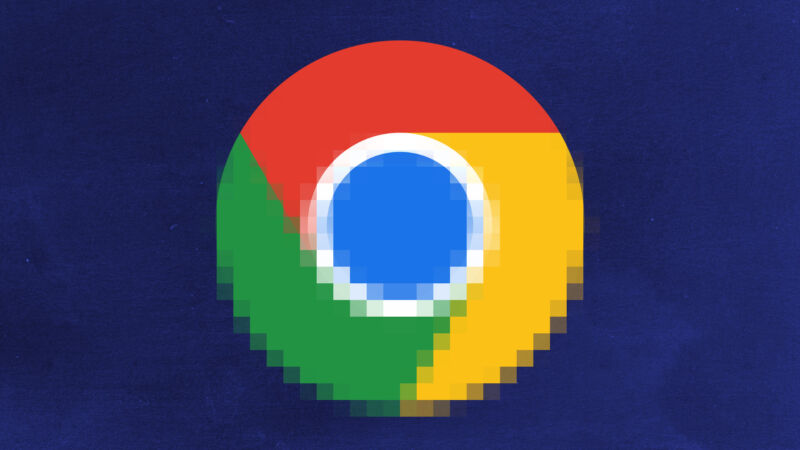
Enlarge / When Google, whose Chromium/Chrome-related browsers make up 80% of browser share, says that something has "not enough interest from the entire ecosystem," what does that mean, exactly? (credit: Aurich Lawson)
Chrome developers' decision to remove support for a compressed image format that Google helped develop is just another sign of "the disturbing amount of control" the ad company has over browsers and the web, according to the Free Software Foundation (FSF).
In a statement, Greg Farough, campaigns manager at the FSF, took aim at Google's stated reason for deprecating support for the JPEG XL image format, which was based on Google's PIK format. A Google engineer, commenting on the JPEG XL issue tracker on Chromium, Chrome's open source core project, wrote that "there is not enough interest from the entire ecosystem to continue experimenting with JPEG XL." The format also "does not bring sufficient incremental benefits over existing formats," and removing it "reduces the maintenance burden," the engineer wrote.
"Putting aside the problematic aspects of the term 'ecosystem' when you yourself are by far the largest and most dangerous predator in said 'ecosystem,'" Farough wrote (adding his own link). "In supposedly gauging what the 'ecosystem' wants, all Google is really doing is asking itself what Google wants."
Read 10 remaining paragraphs | Comments
https://ift.tt/WLgb0dr
Comments